Nursing Practice: TAS Assessment on Aging and Client Care in Detail
VerifiedAdded on 2023/01/10
|22
|2559
|24
Homework Assignment
AI Summary
This assignment delves into the complexities of geriatric nursing care through a comprehensive assessment of Mrs. Hong, a 70-year-old woman experiencing early signs of dementia. The assessment explores age-related physiological changes across various bodily systems, including sensory, cardiac, respiratory, neurological, musculoskeletal, genitourinary, endocrine, renal, and skin integrity, and discusses how these changes impact activities of daily living. The assignment includes detailed assessment strategies for identifying these changes, particularly focusing on Mrs. Hong's neurological and sensory functions. It addresses the impact of aging on medication metabolism and excretion, common stereotypes of aging, and the rights and dignity of older persons. The case study further examines elder abuse, signs of stress and dementia, and appropriate nursing interventions, considering cultural and age-related factors. It explores the implications of short and long-term residential care, advanced care directives, and the information needed for informed decision-making. Finally, the assignment culminates in a comprehensive care summary for Mrs. Hong, including her self-care abilities, identified physiological, emotional, and mental issues, and detailed nursing interventions tailored to her specific needs, incorporating cultural sensitivity and addressing her sensory impairments and early dementia.
1 out of 22
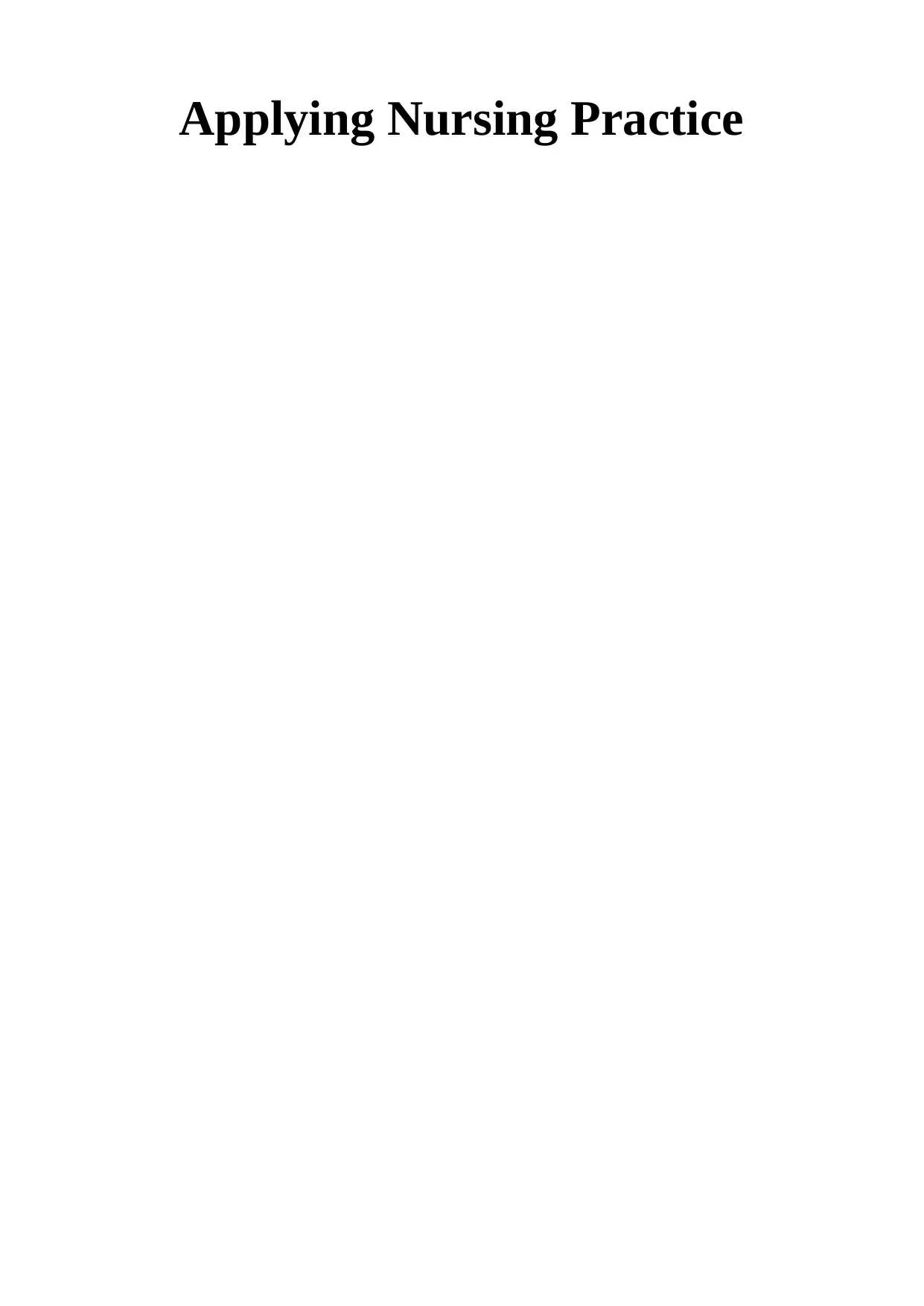

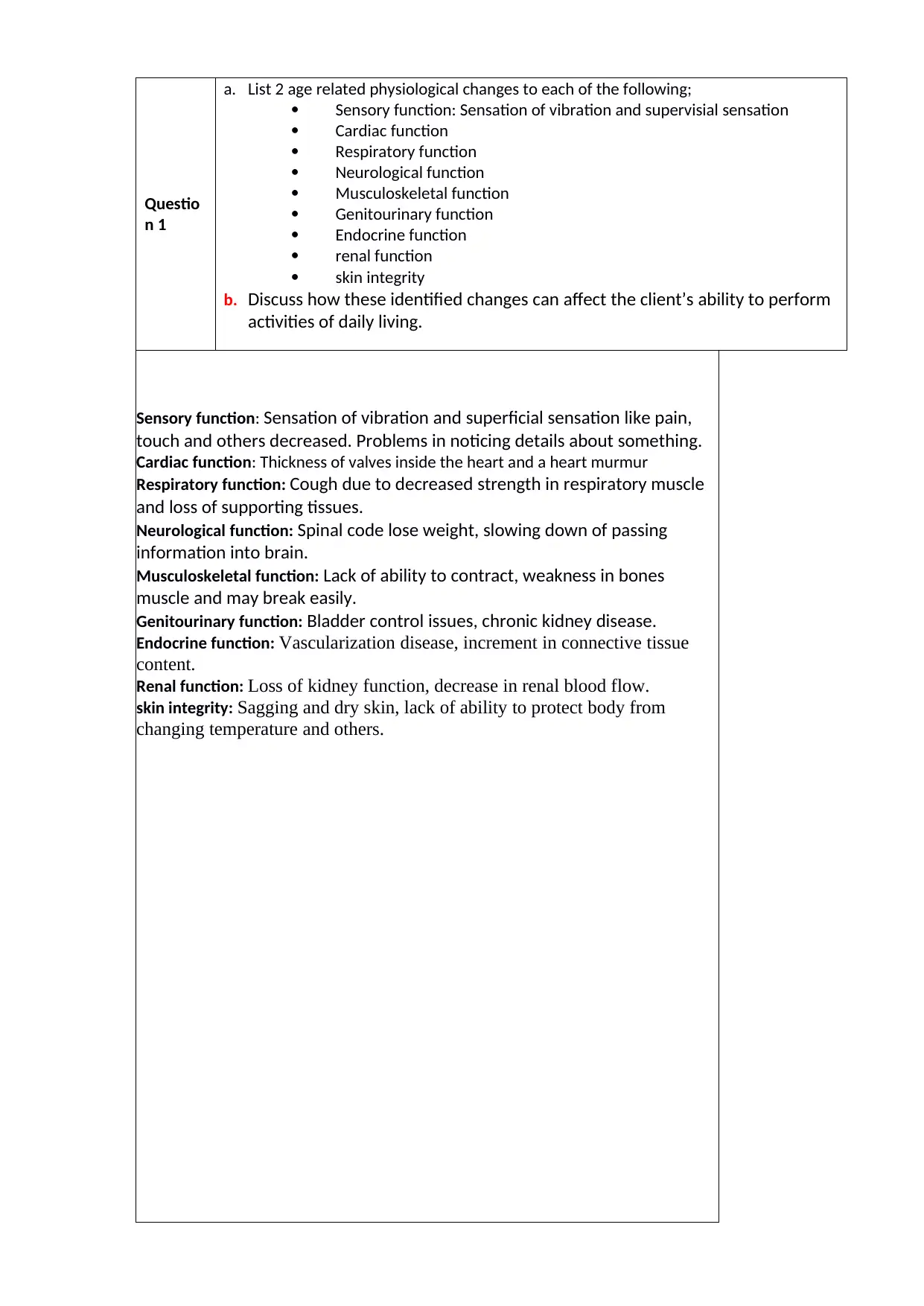


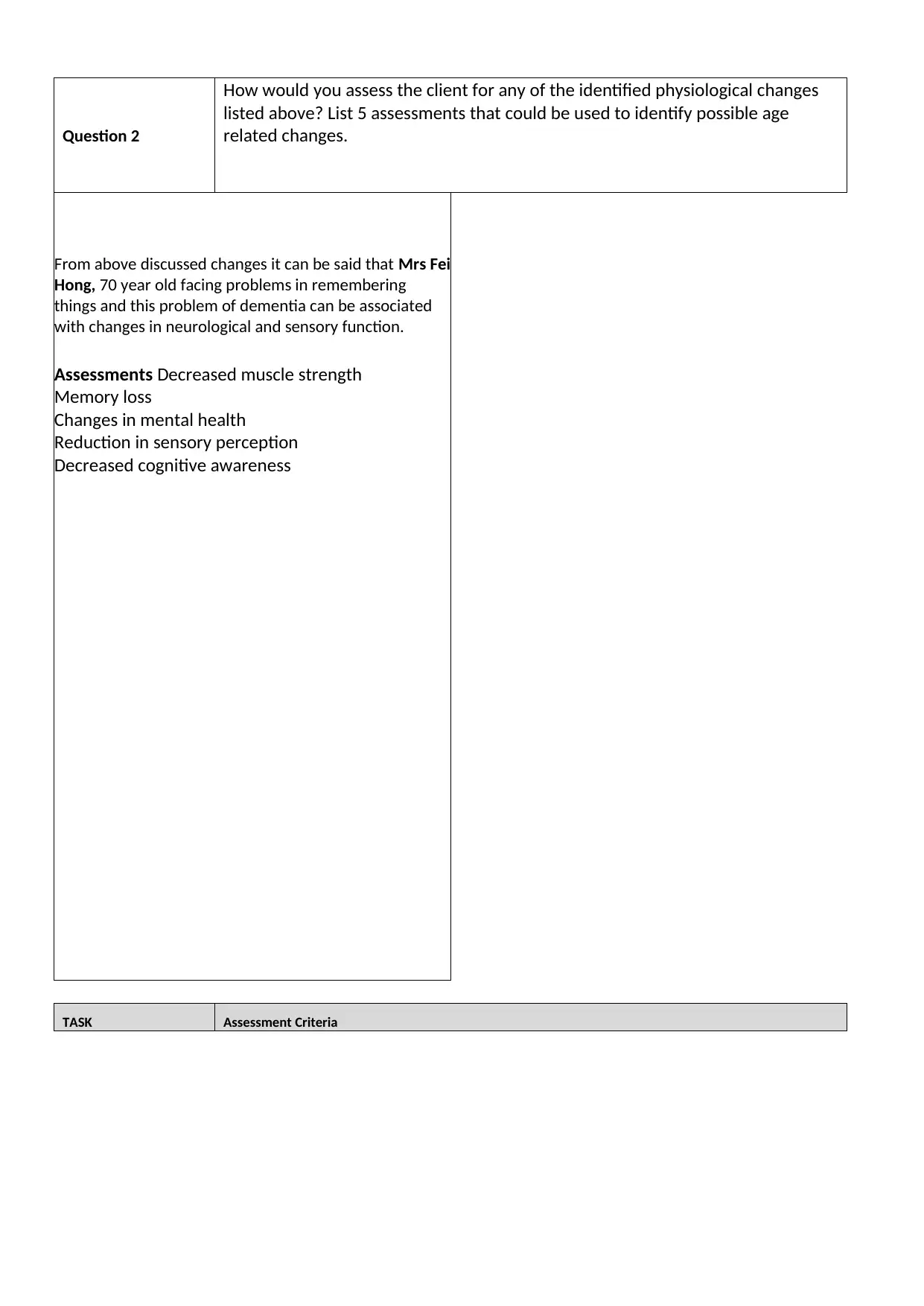
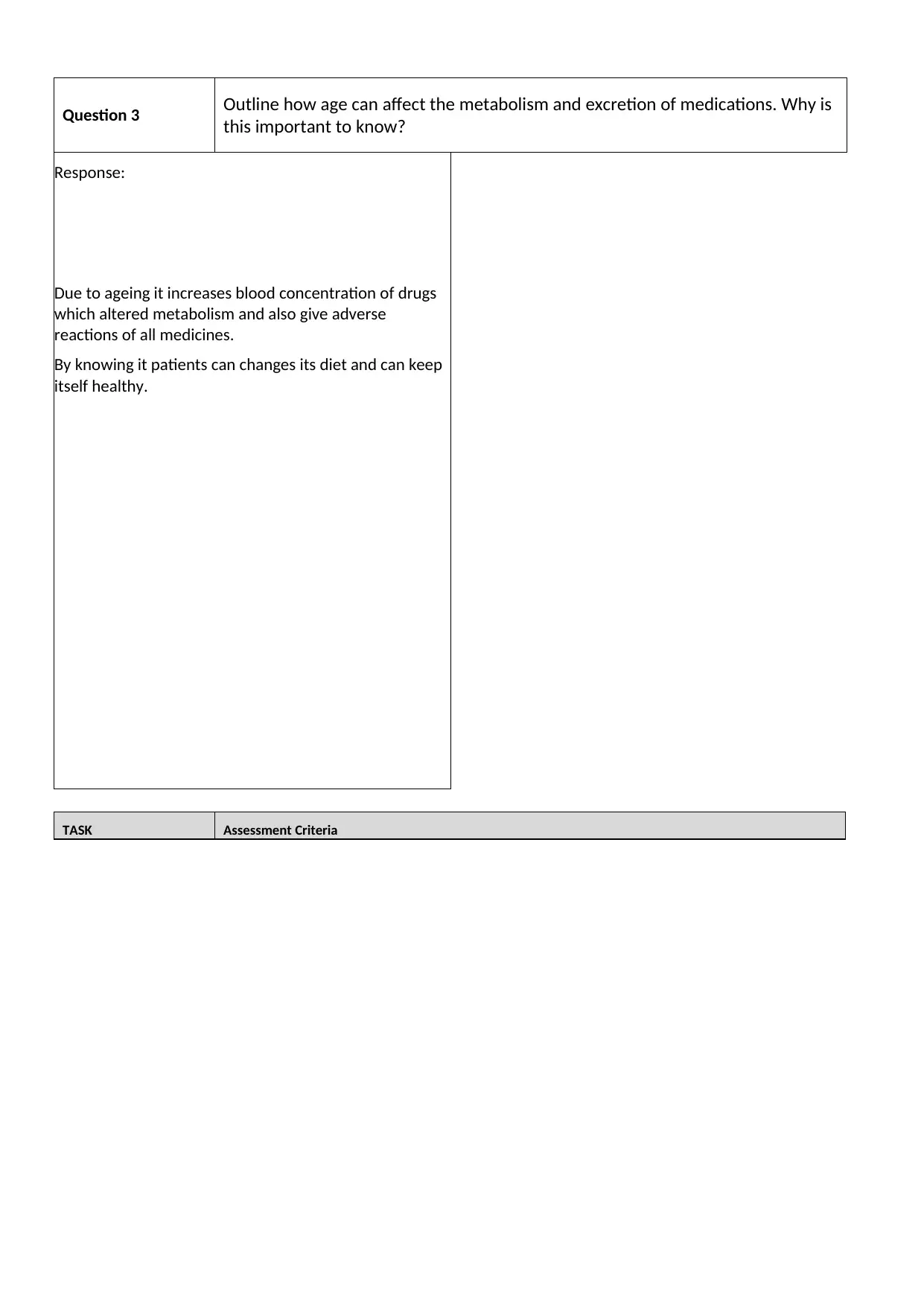
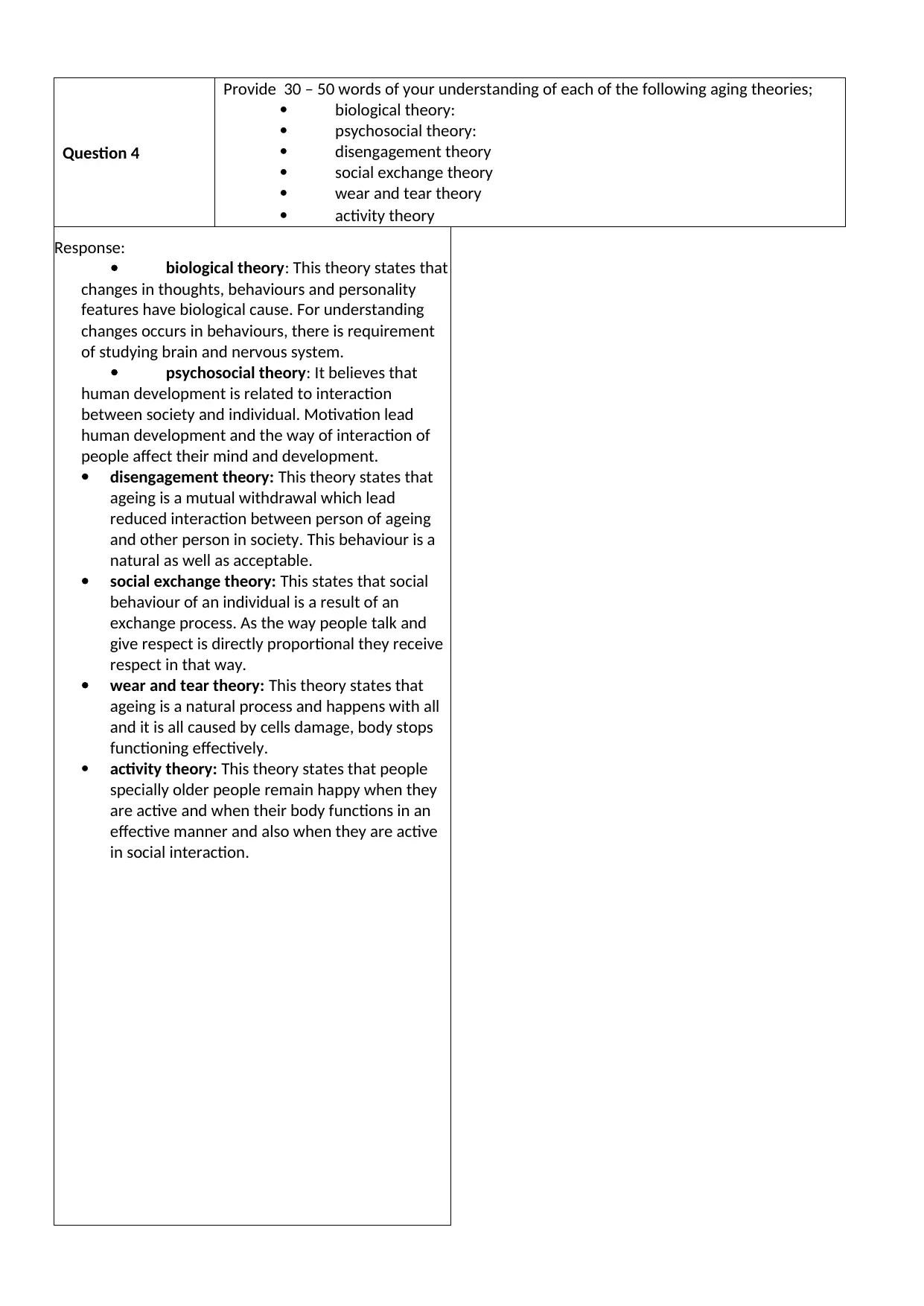
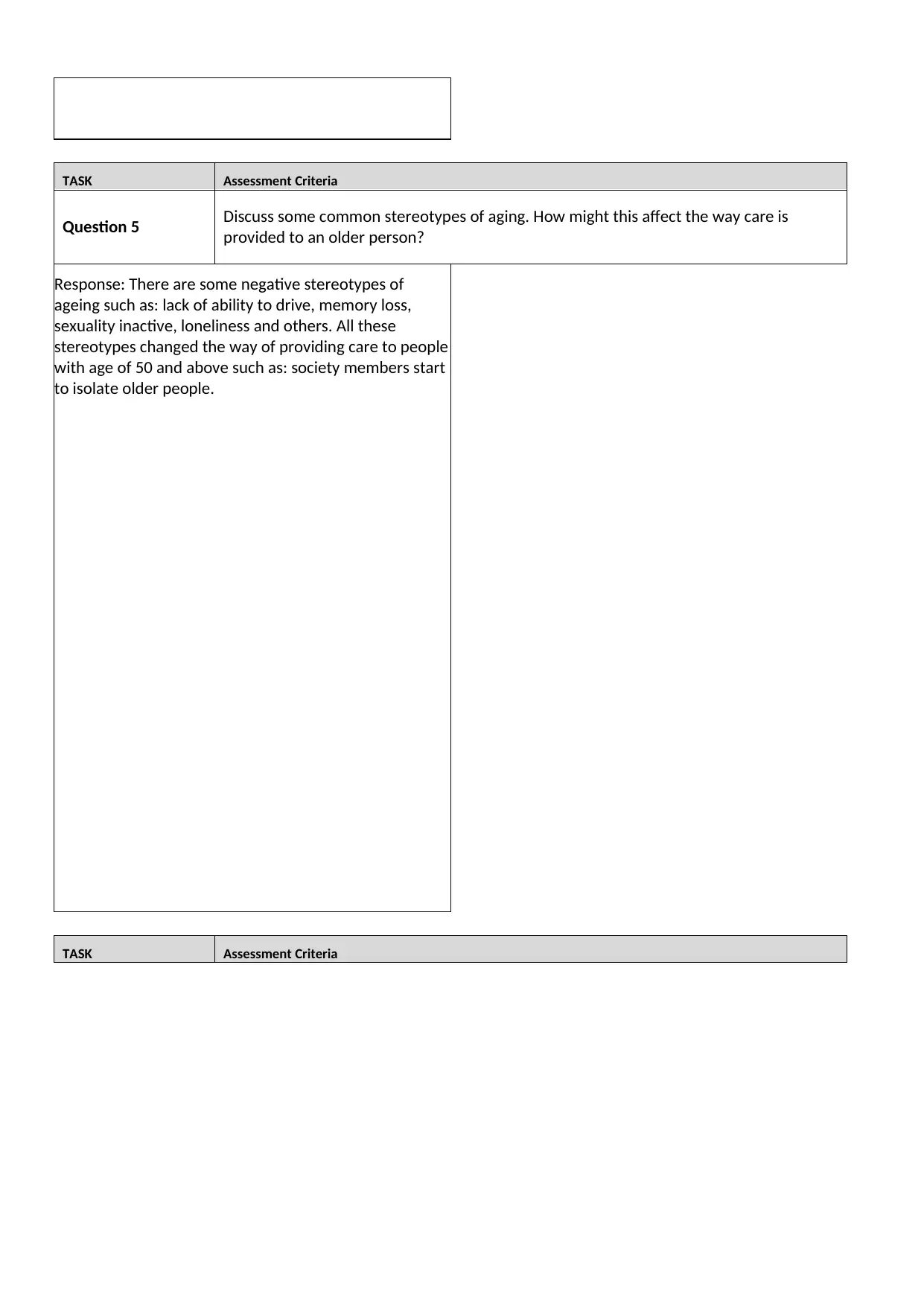
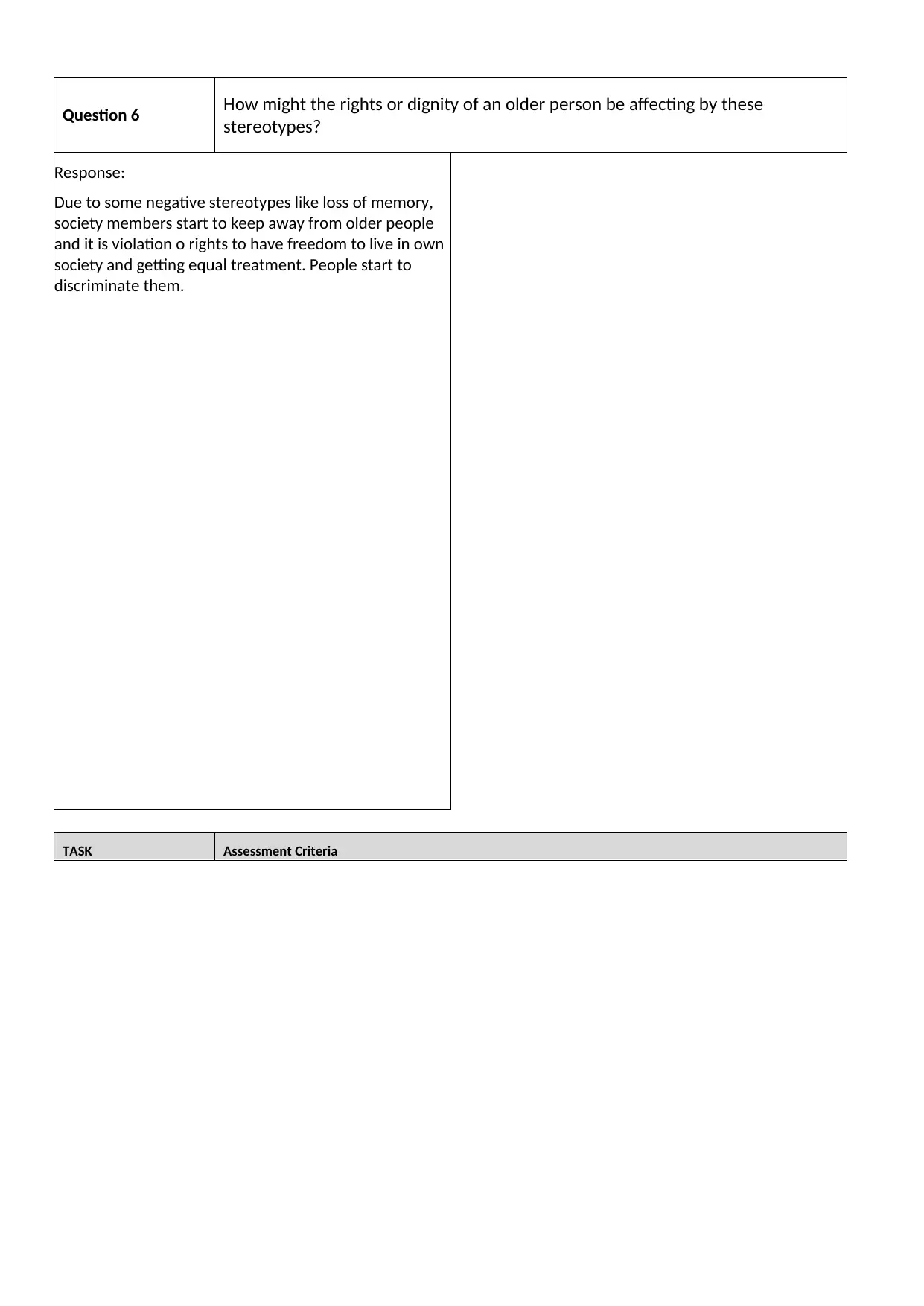
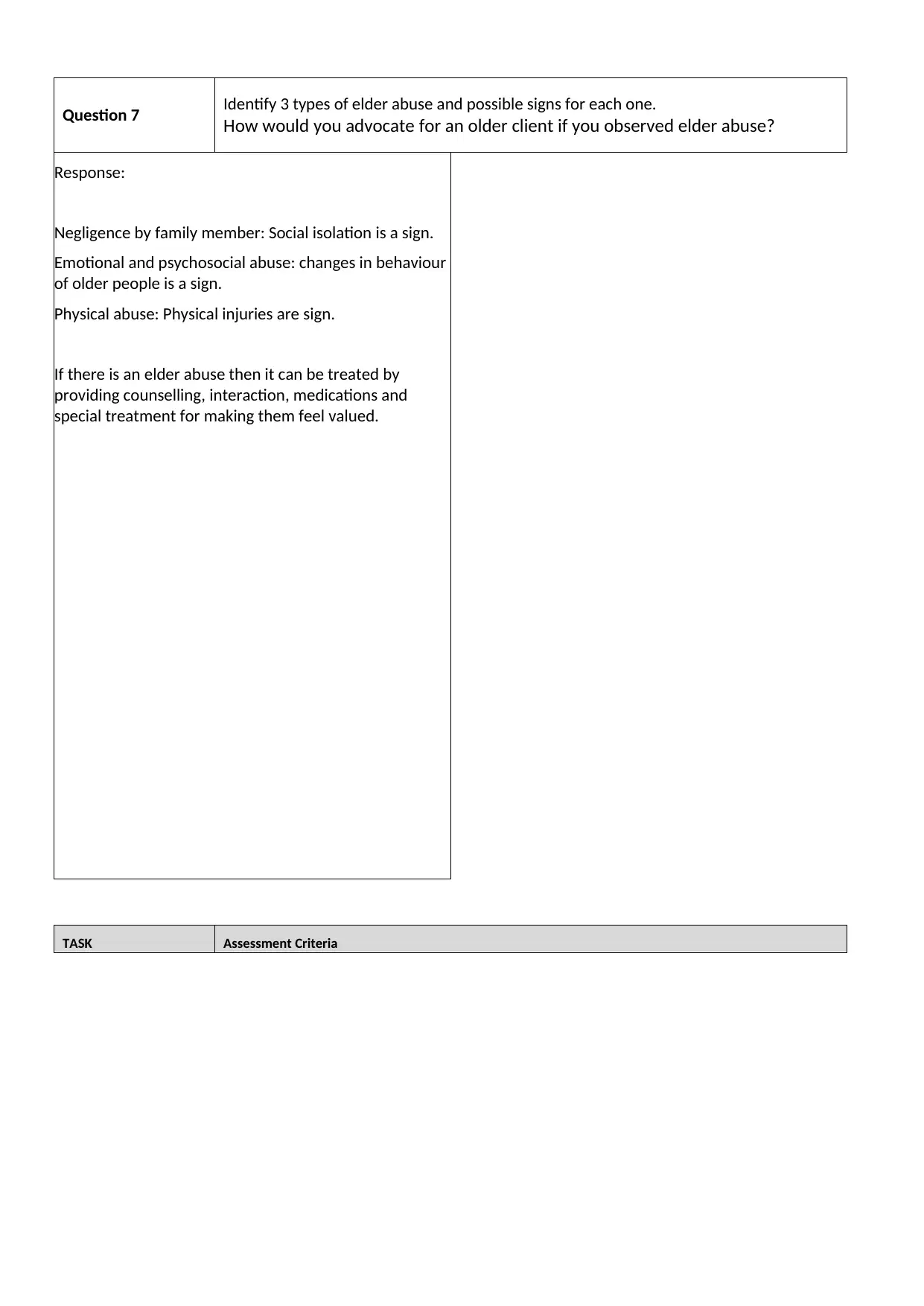
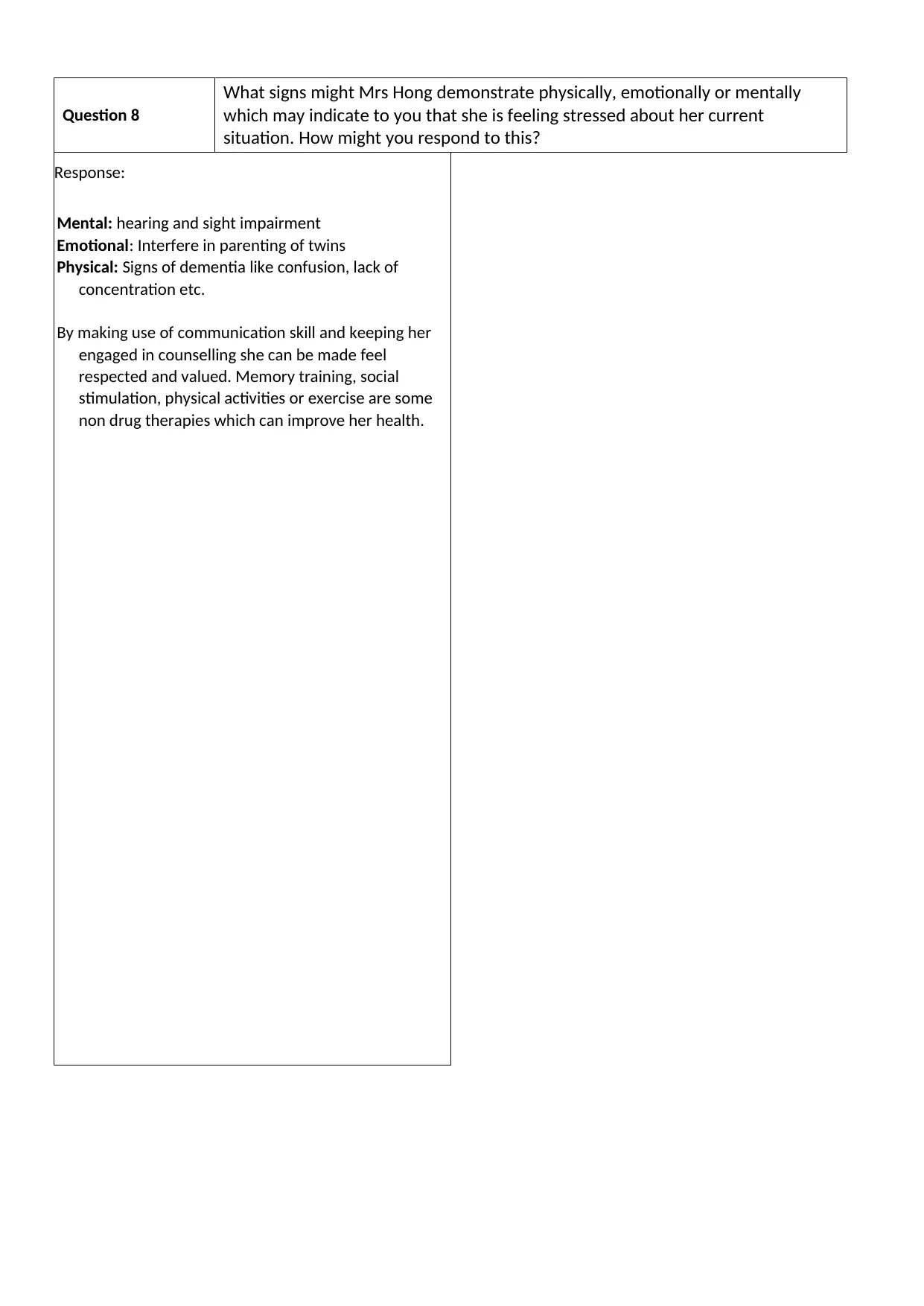
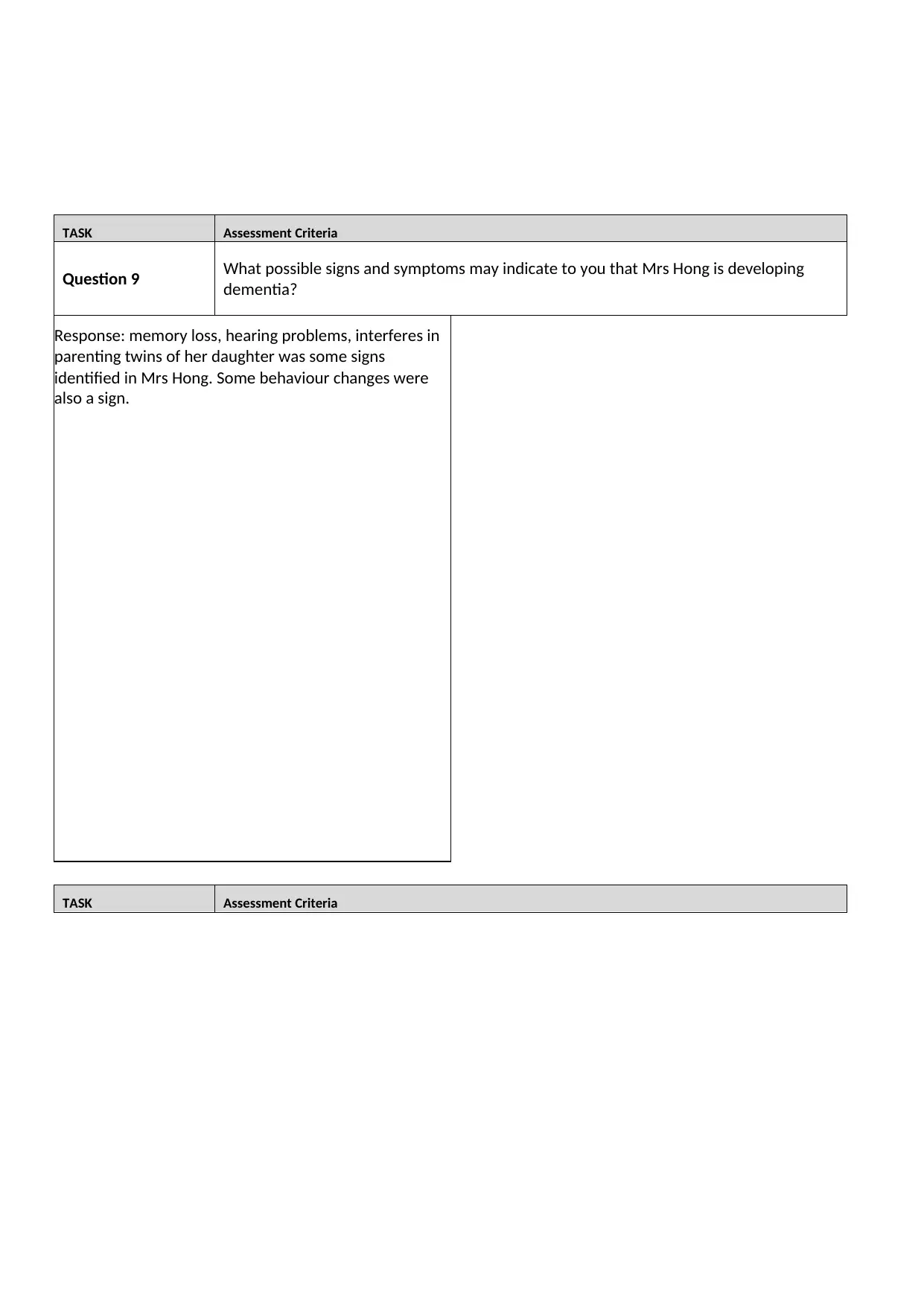


![[object Object]](/_next/static/media/star-bottom.7253800d.svg)